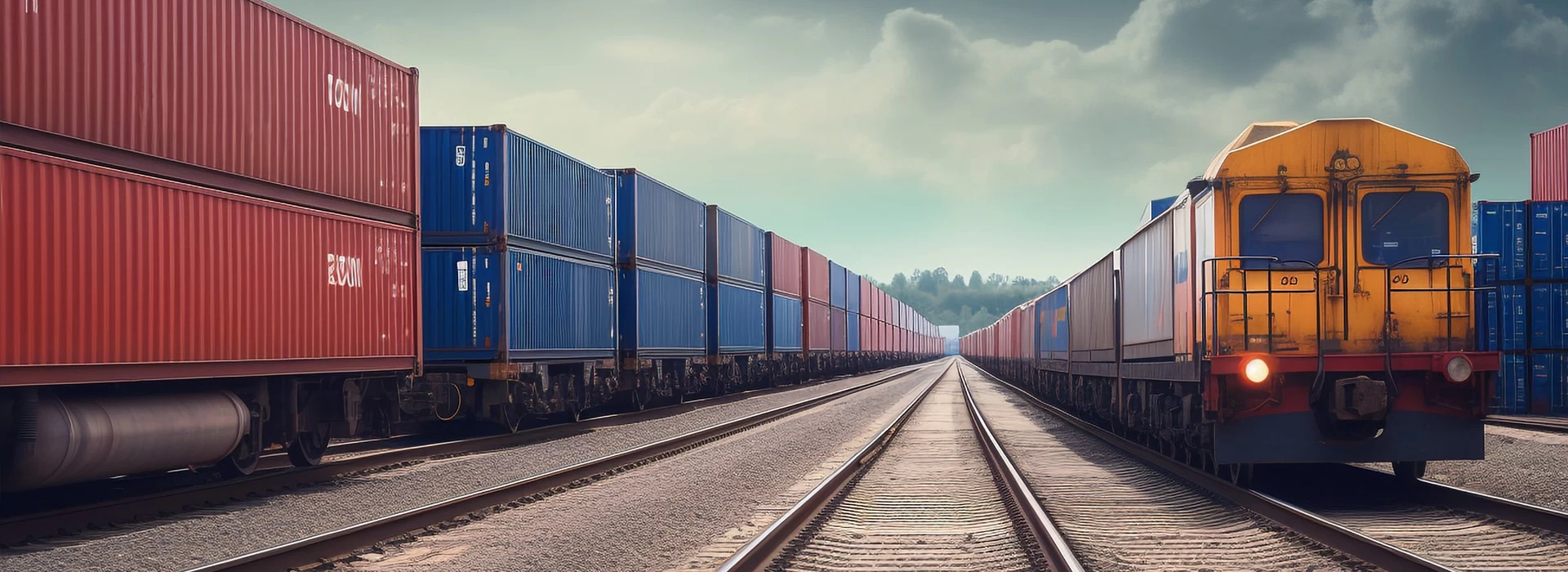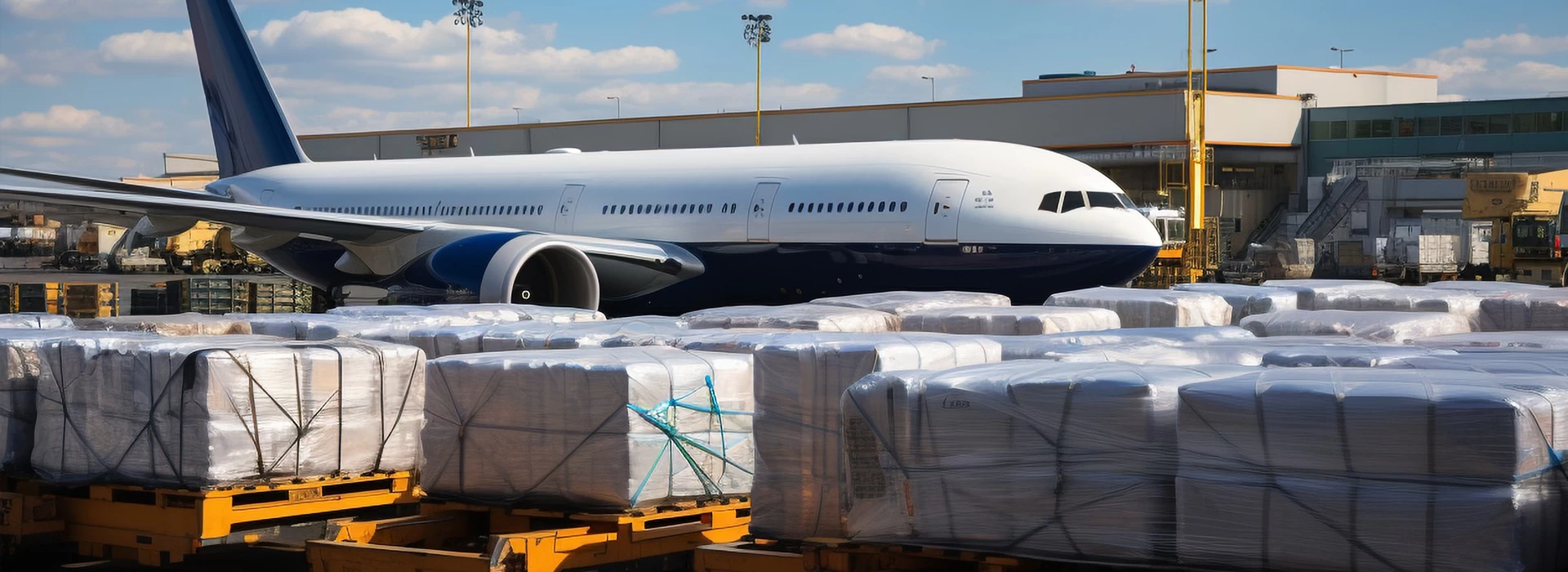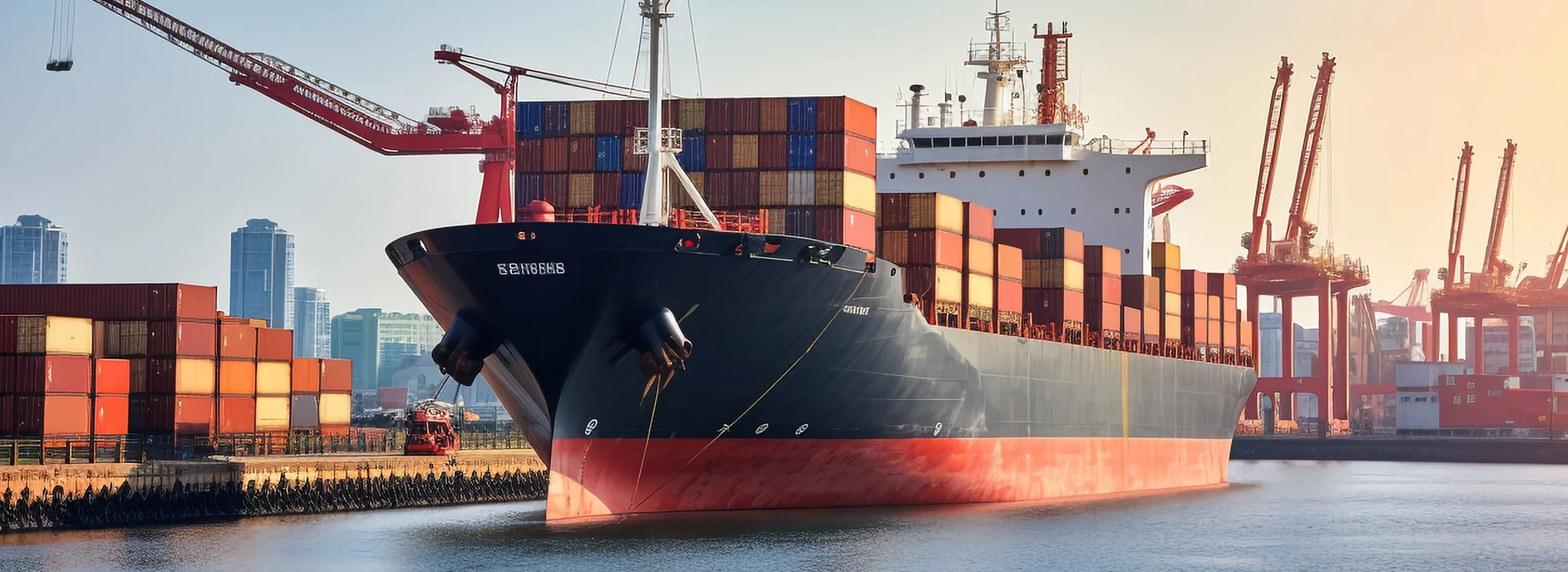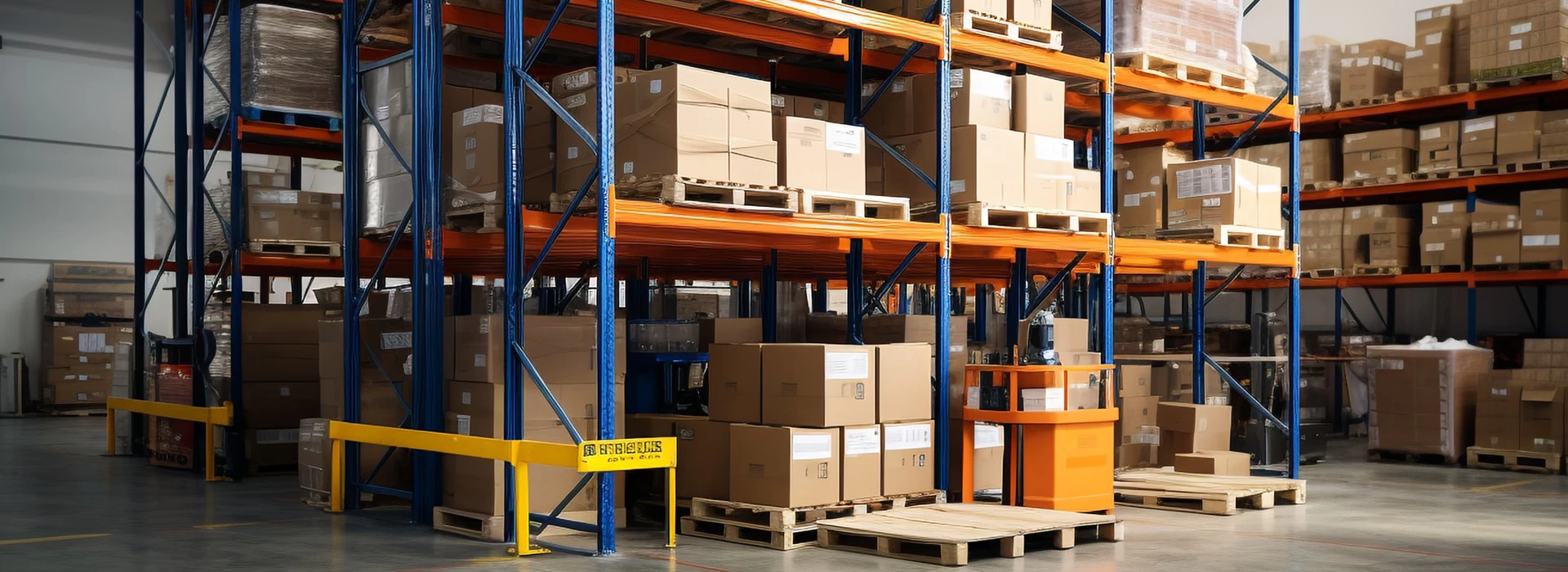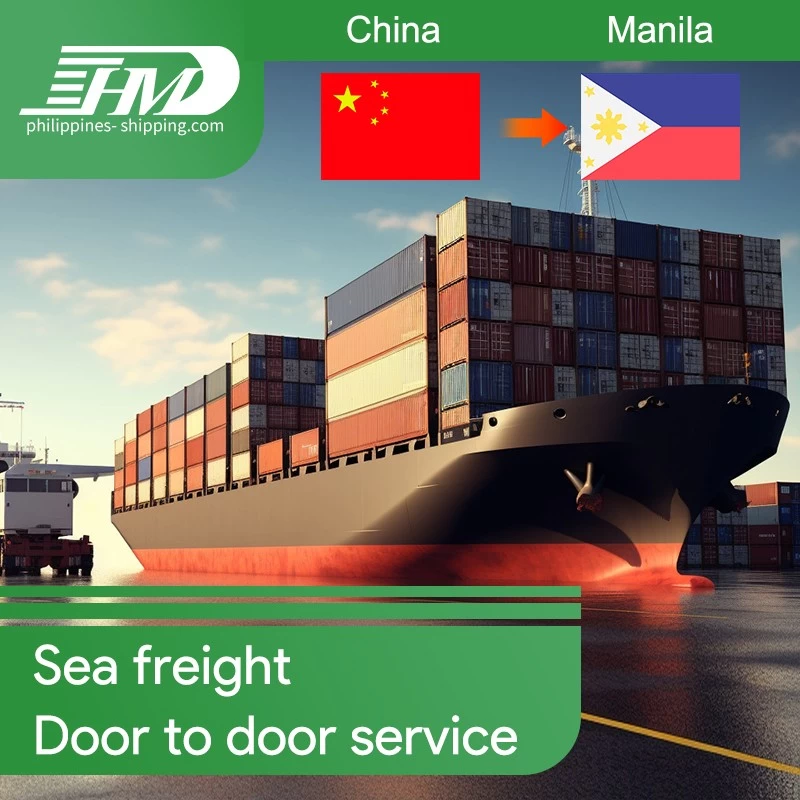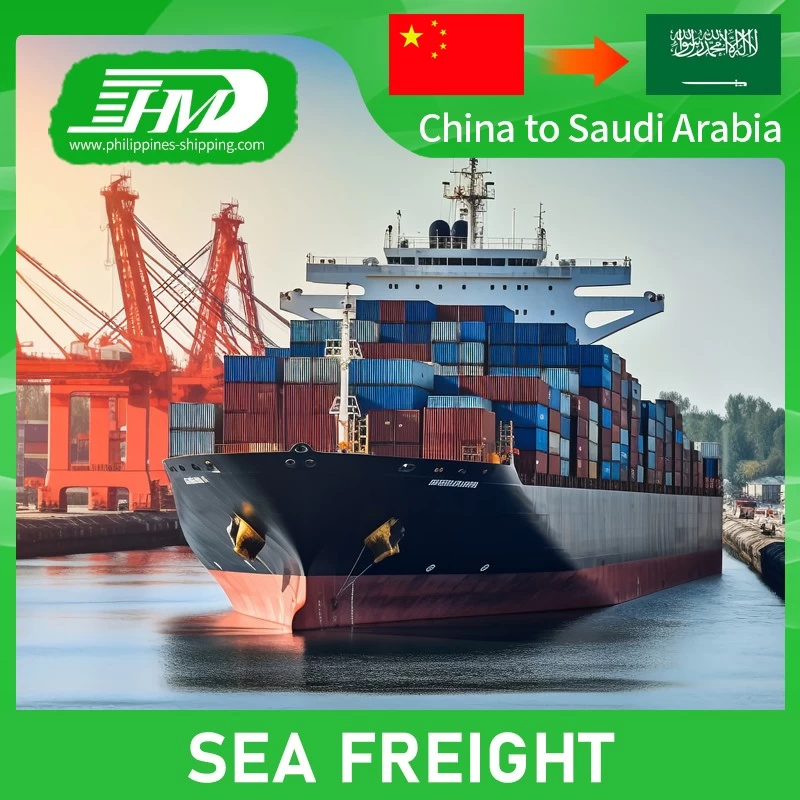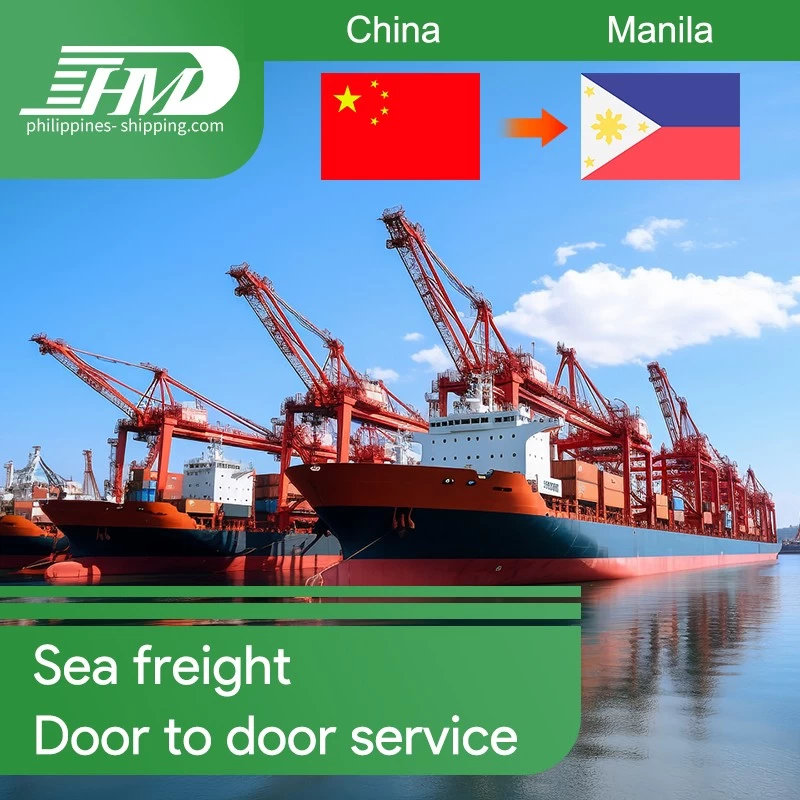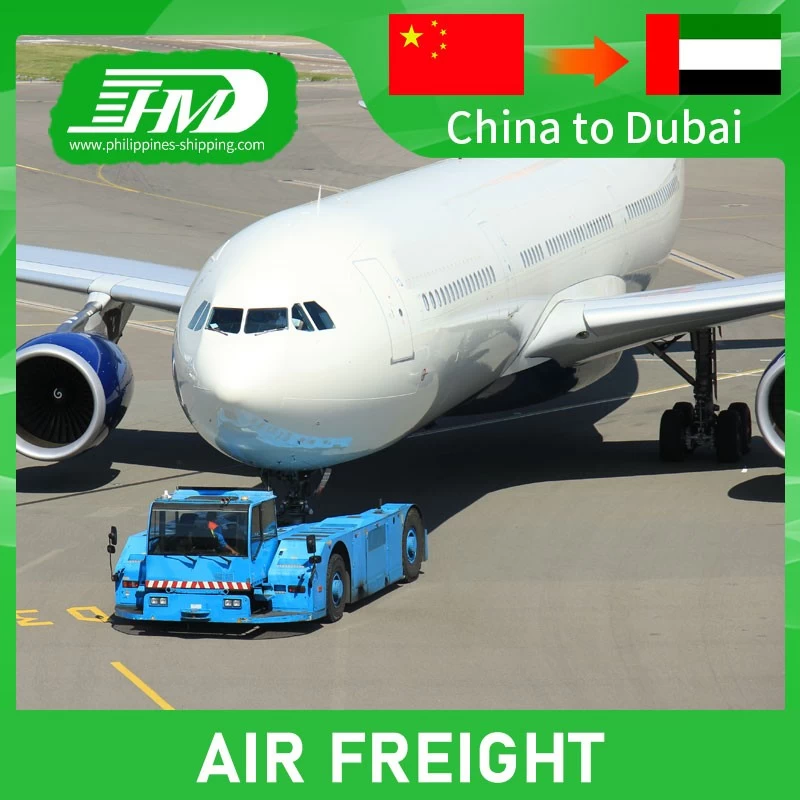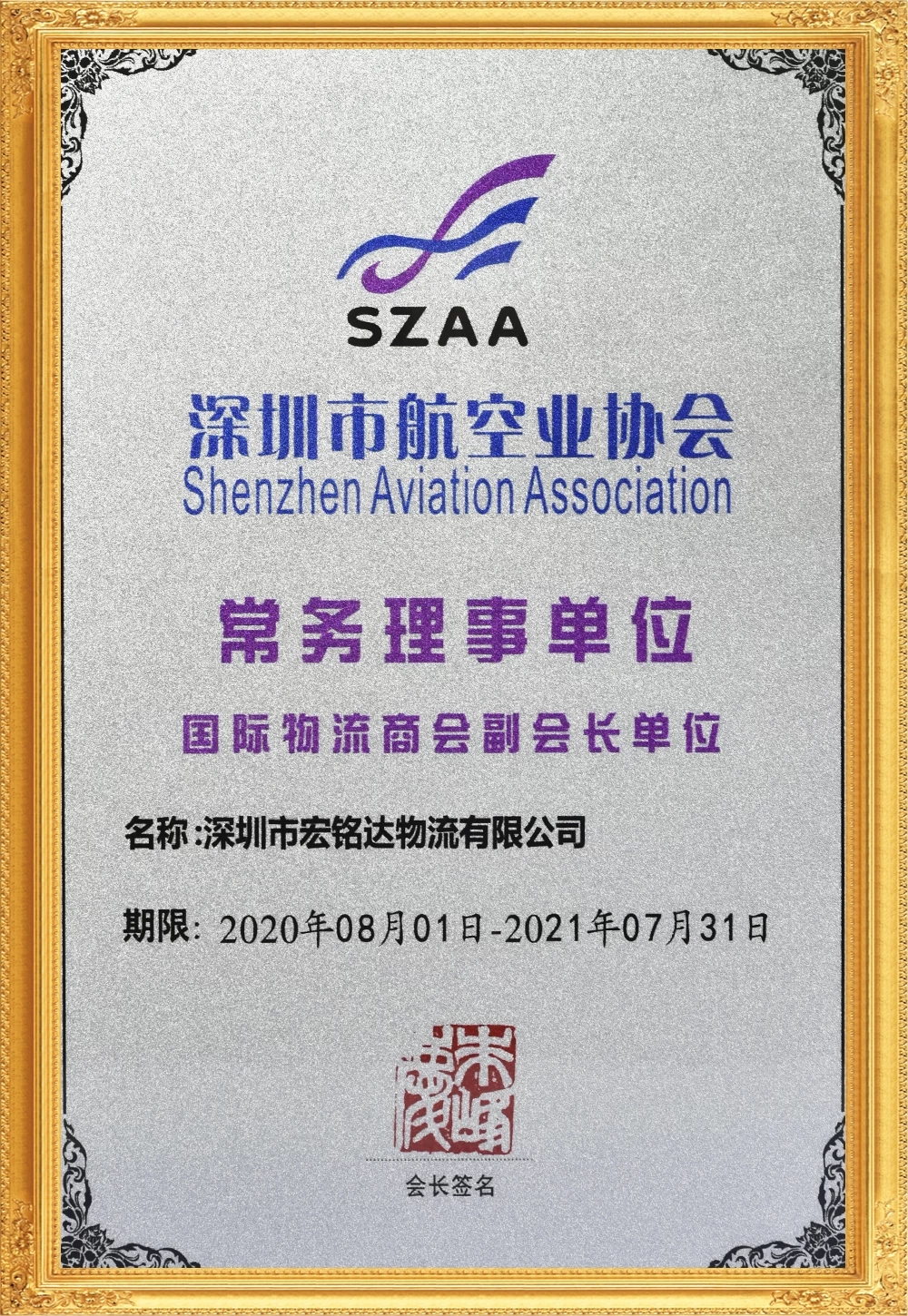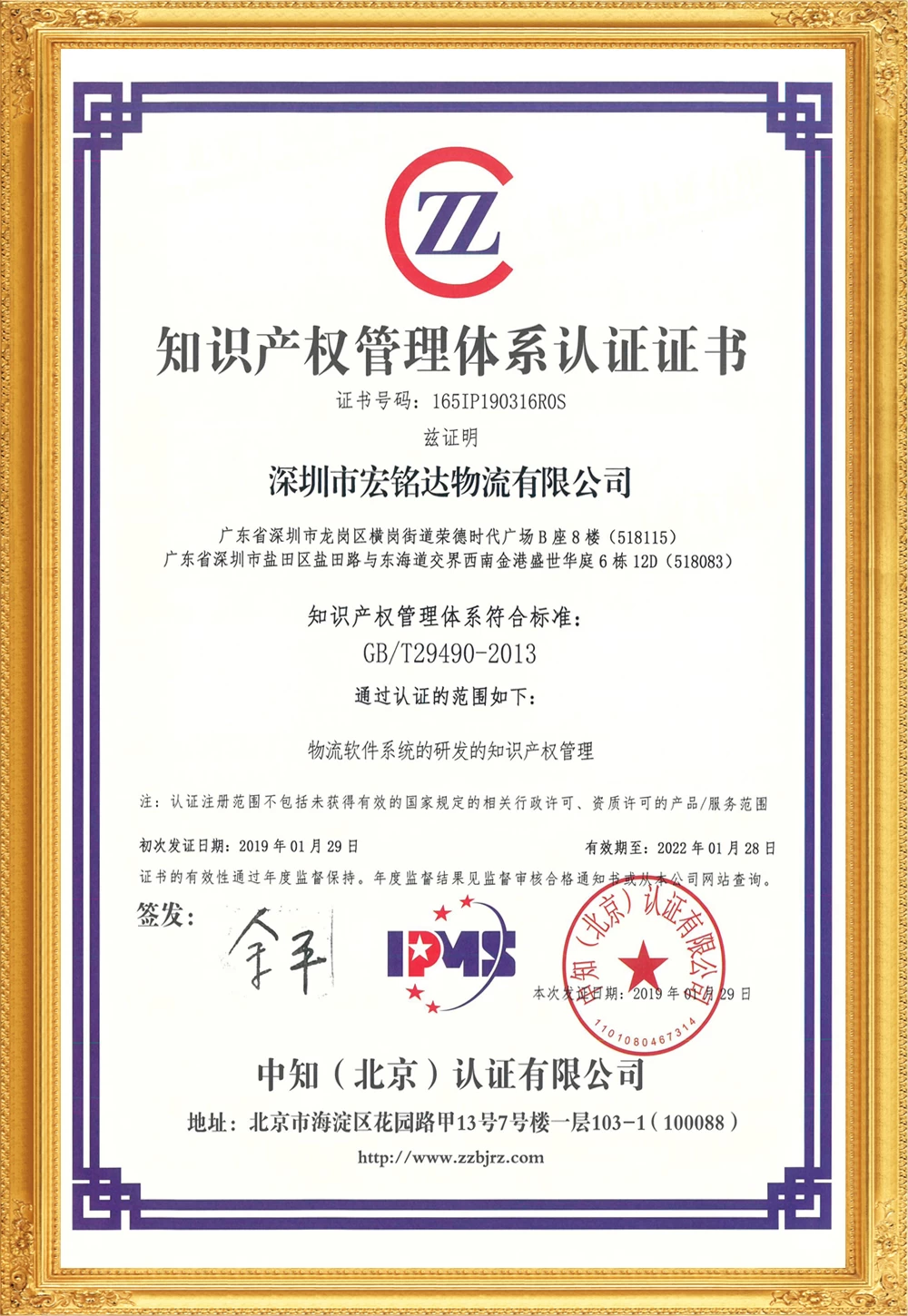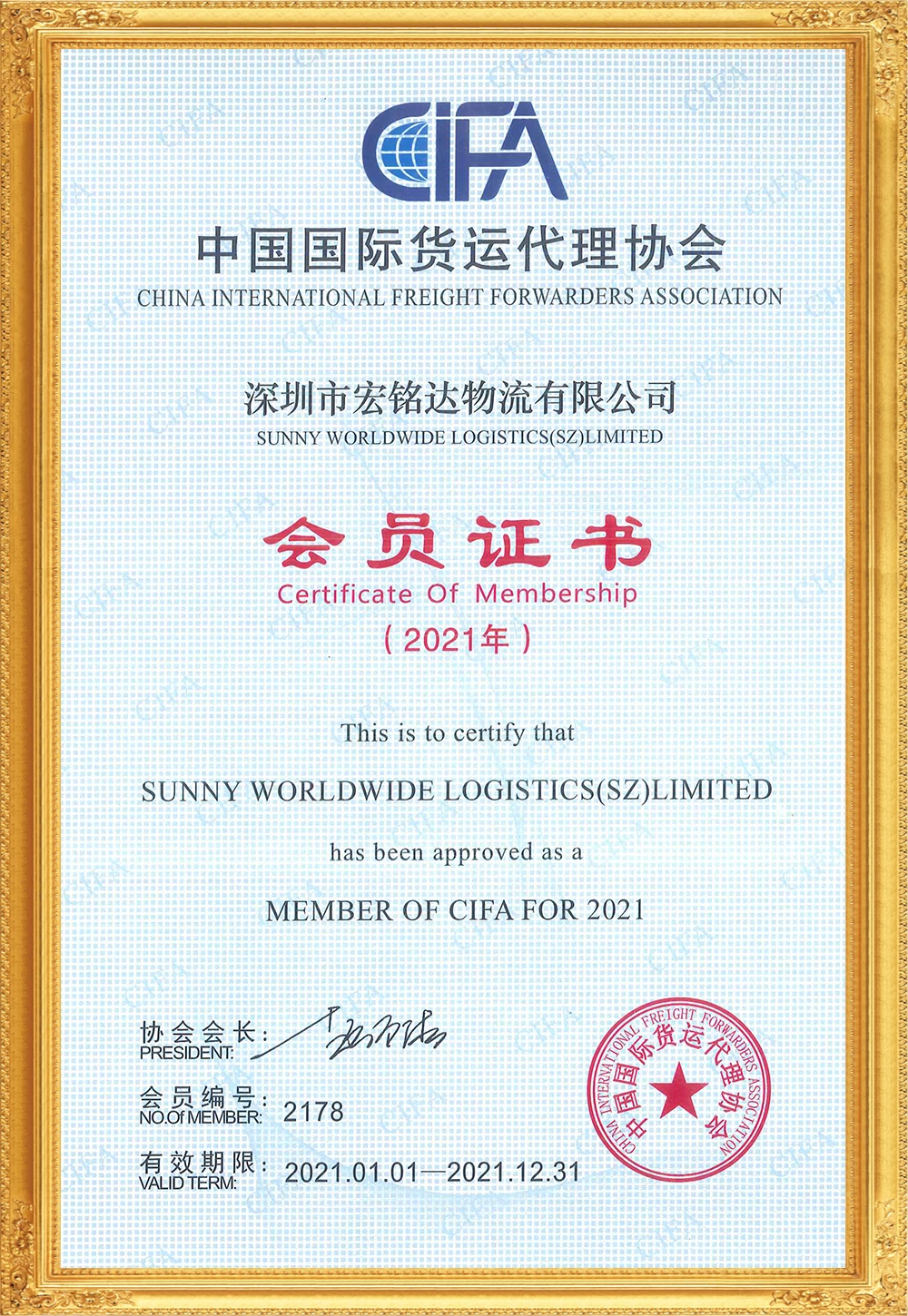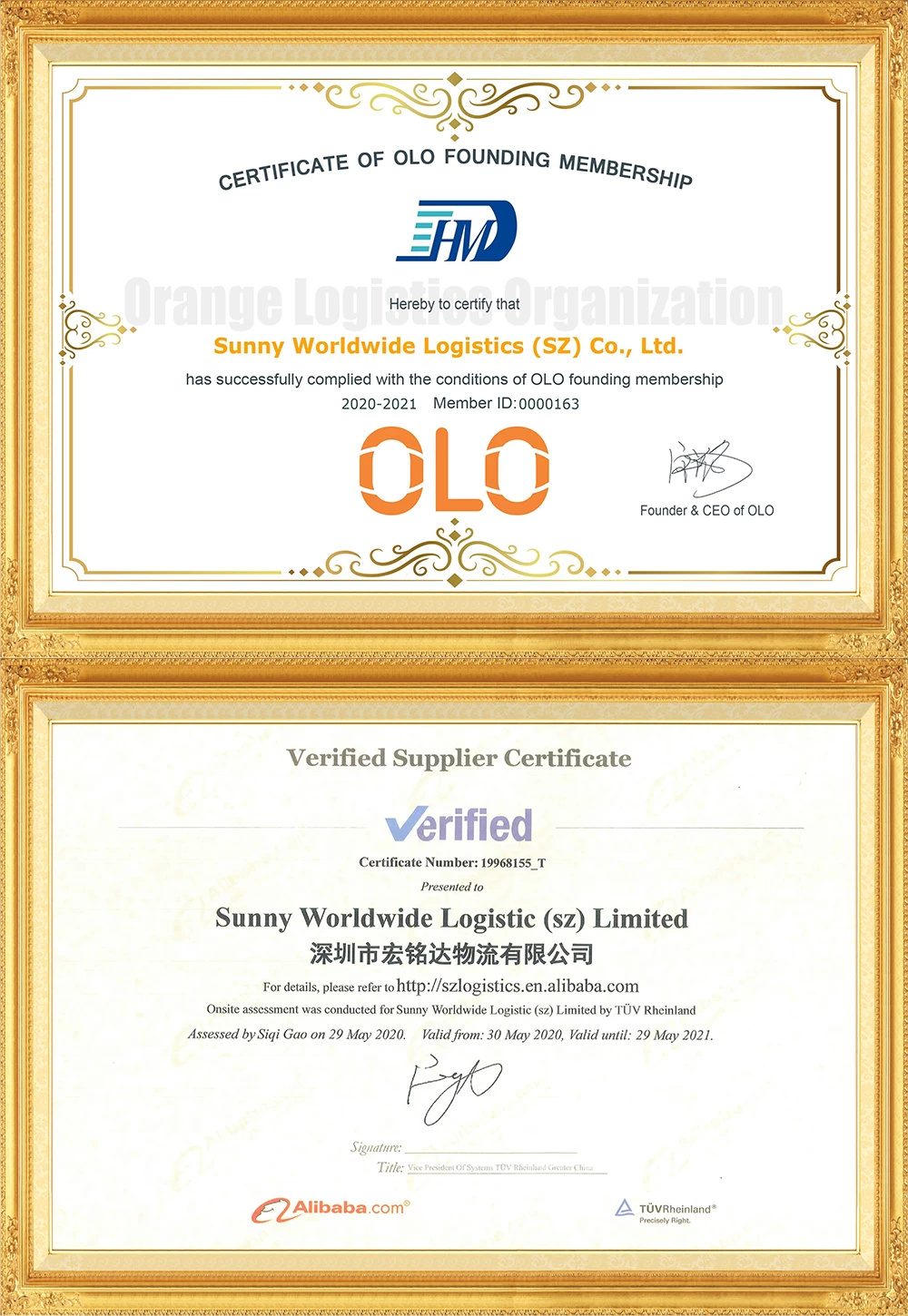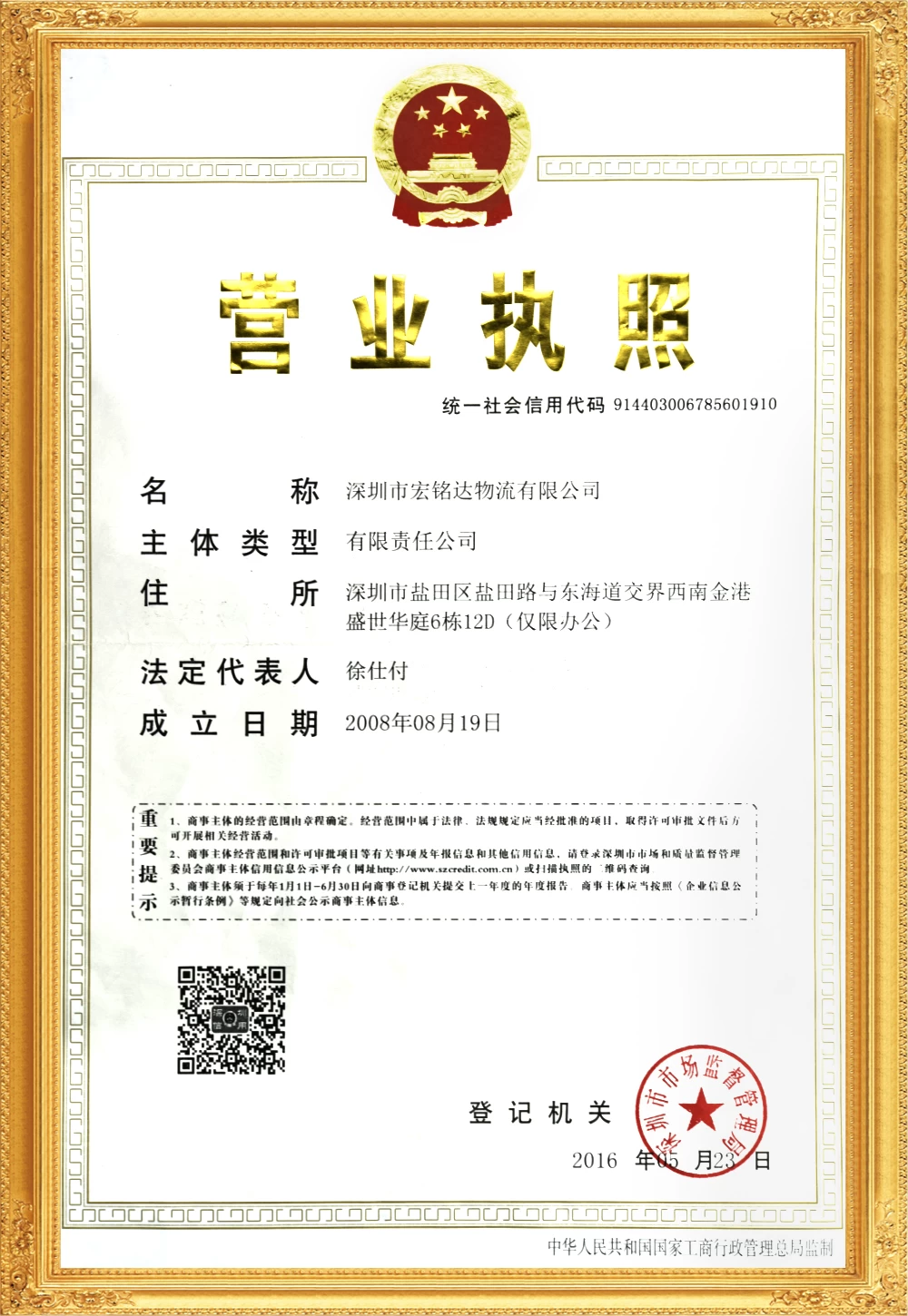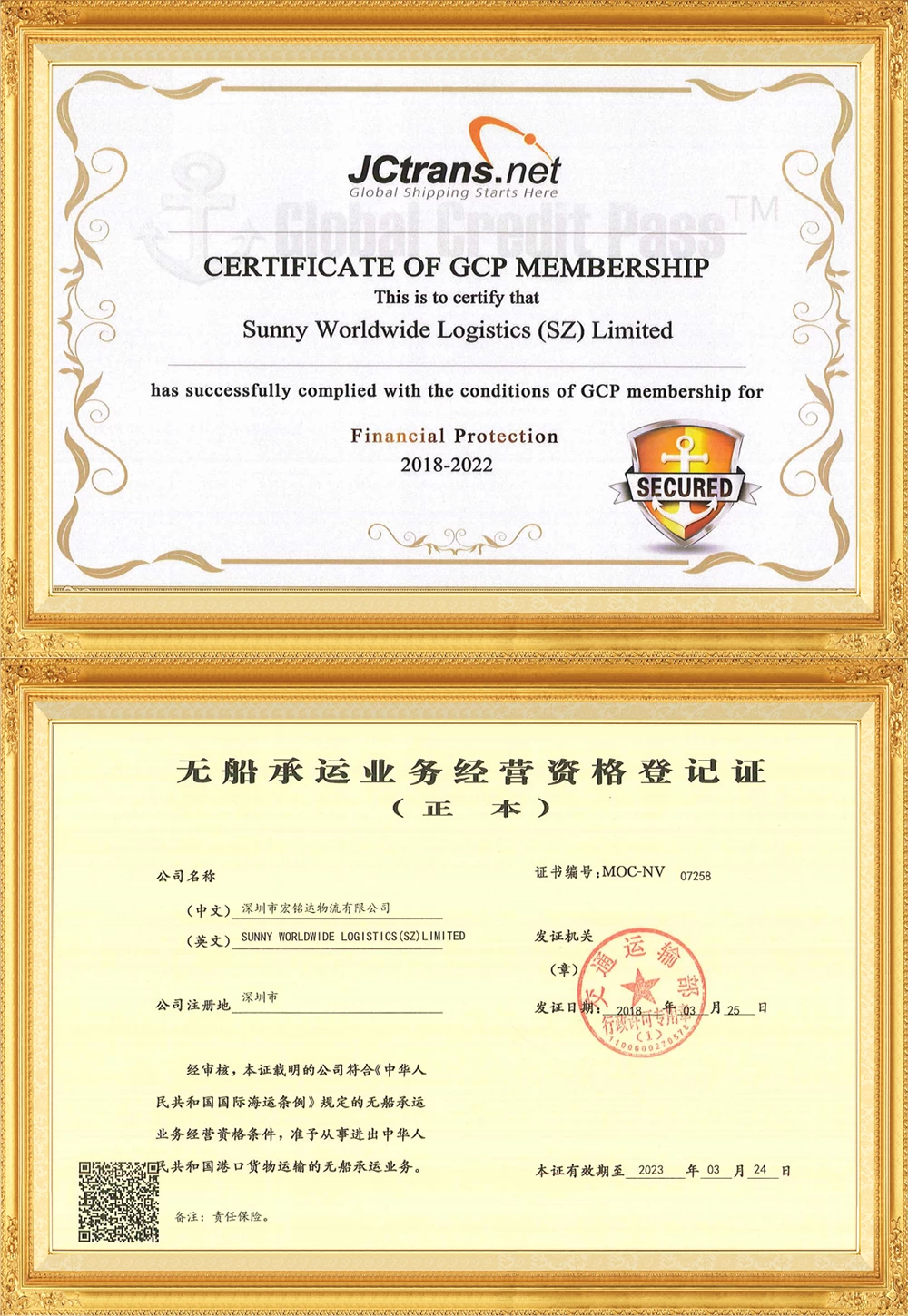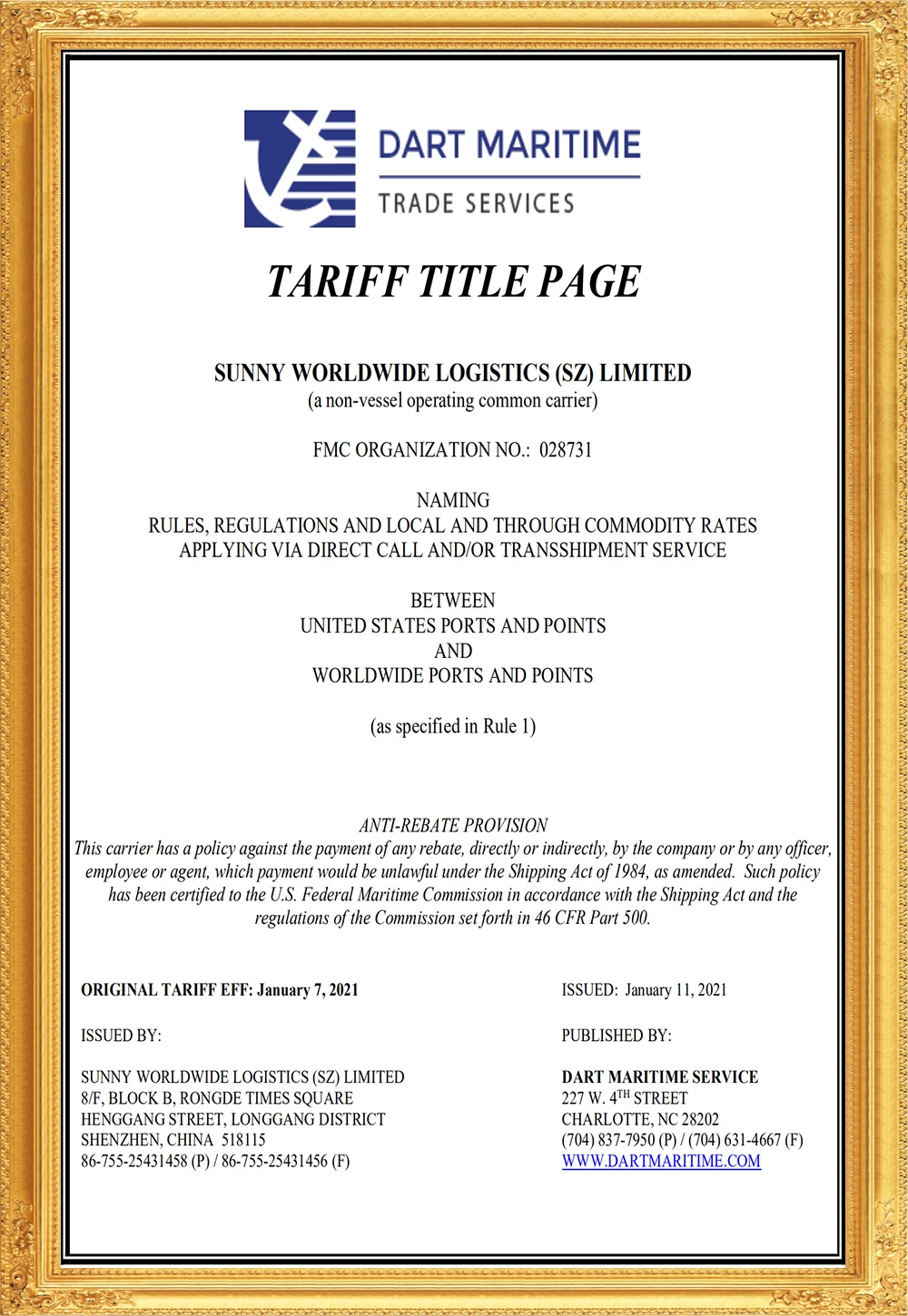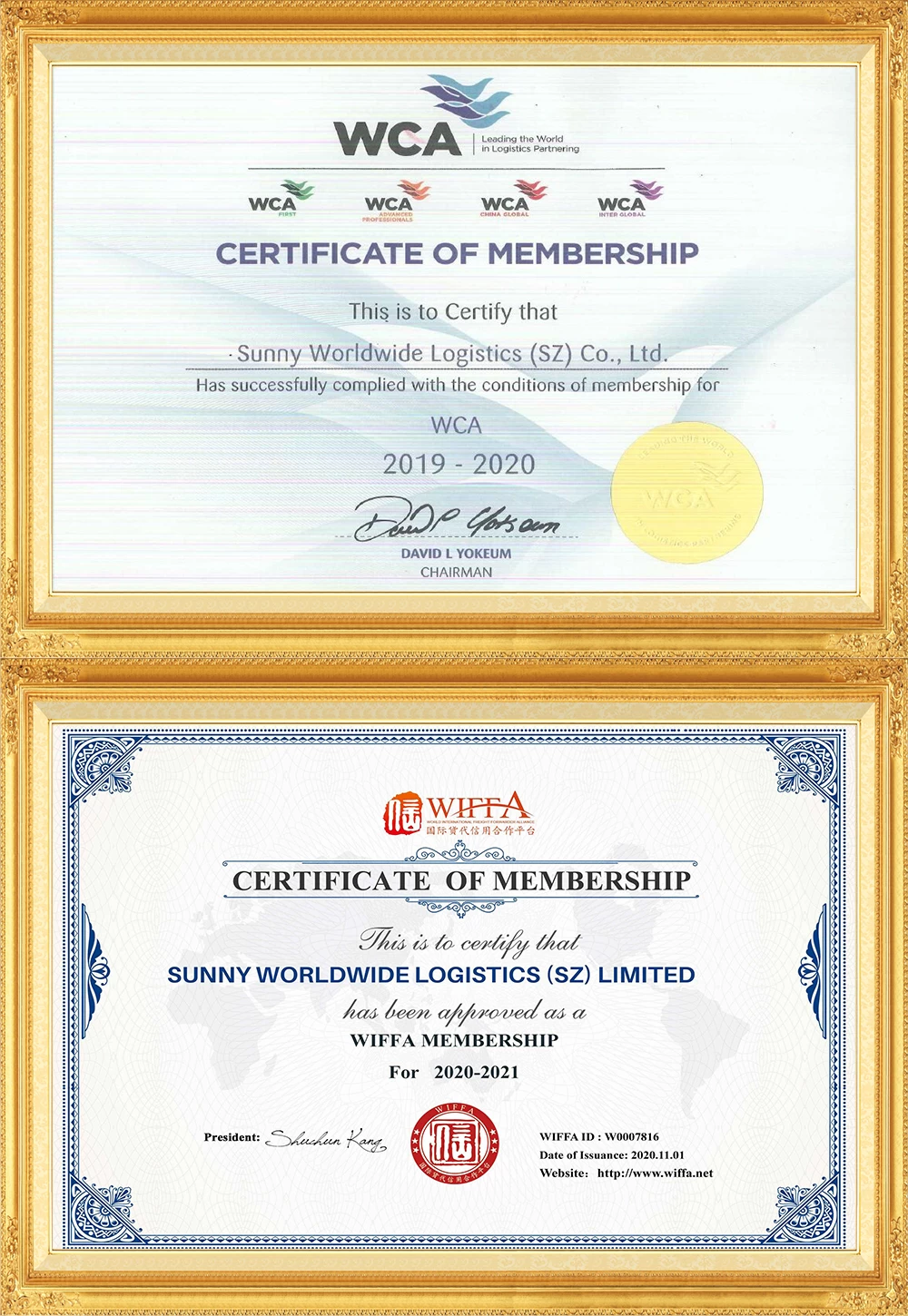What to know about receiving cargo risks to the United States!
The marketing department of Sunny Worldwide Logistics has given us popular science about the US receiving cargo risk notice, including the US LA/LB container excess dwell fee notice and charging standards, as well as receiving risk control.
01
Notice about American LA/LB ports container excess dwell fee
Due to the historical congestion at the LA/LB terminal in West America, the terminal operation has almost entered a state of semi-paralysis. The U.S. Department of Transportation authorized Los Angeles and Long Beach Terminals to start charging "container excess dwell fees" starting on November 15, 2021. The implementation time of this temporary policy is 90 days. Regarding the hugely controversial fee, the local government and the terminal and industry associations are still discussing that there are different degrees of congestion at the West Coast terminal. If this fee is confirmed to be charged, there is a high probability that other congested terminals will join this category to charge the fee, and Tacoma Terminal has also issued relevant policies.
Official Chinese name: 集装箱超期滞留费
Official English statement: Container Excess Dwell Fee
Shipowner's statement: Emergency Fee or Emergency Surcharge
After the implementation of the policy, the time for exemption of demurrage charges for arrival containers:
For cargo whose destination port is LA/LB terminal, dwell fee will be charged for staying for 9 days or more;
For cargo transshipped to inland points or other ports through LA/LB terminals, dwell fees will be charged for containers that stay at the terminal for 6 days or more without transshipment;
After the policy is implemented, the standard of container excess dwell fee charges:
The charge standard is 100 USD/container, and if overtime each container will increase by 100 USD every day!
For example: the first day after the expiration date is 100; the second day is 200, the third day is 300... and so on.
If you don't review how to sum the lower arithmetic sequence, you won't understand the cost.
02
LA/LB new storage fee charging standard,
All consignors and freight forwarders must pay attention to it
The port of destination is in LA/LB, and then directly pick up the container for delivery:
Free for 9 days, after 9 days, the first day is 100 dollars, the second day is 200 dollars, the third day is 300 dollars...the 30th day is 3,000 dollars.
The cost is 1/2*n(n+1)*100, taking 30 days as an example is 1/2*30*31*100=46,500 USD
The transshipment port is LA/LB, and then take the railway to the inland point IPI:
For example, transfer from LA/LB to Chicago is free for 6 days, after 6 days, the first day is 100 dollars, the second day is 200 dollars, the third day is 300 dollars...the 30th day is 3,000 dollars.
The cost is 1/2*n(n+1)*100, taking 30 days as an example is 1/2*30*31+100=46,500 USD
Storage fee for 30 days: USD 46,500
Storage fee for 60 days: USD 183,000
Storage fee for 90 days: USD 409,500
Storage fee for 120 days: US$726,000
Important Notice:
1. Please explain to the customer in advance before shipment
2. After shipment, please check in time to pick up the container and return it to the port
The terminal will charge this fee to the shipping company. However, according to various shipping companies'bills of lading and related regulations, such additional fees charged by ports and government agencies will be collected by shipping companies from the final cargo owners and freight forwarders. The calculation of container excess dwell fee includes weekends and holidays, plus the original overdue container and storage fees of shipowners and terminals will also be a huge expense.
Finally,
Receiving goods must be cautious and vigilant to ensure safety!


